Did you know that while the frontend dazzles users with its slick graphics and interactive features, the backend frameworks silently power the wonders of web development? Any perfect website or application must have a robust backend framework to manage user requests, arrange data administration, and ensure smooth functioning.
Our goal for today is to learn about the top backend frameworks—the unsung heroes of web development. By guaranteeing scalability, security, and quick development, these frameworks resolve the problems with contemporary web development and allow developers to construct dynamic and responsive digital experiences. Join us as we investigate backend development and programming to illuminate the internet’s backbone engines.
It’s becoming more and more important to have excellent backend developers, as evidenced by recent polls indicating a growing demand for skilled backend engineers. Moreover, market leaders such as Google, Amazon, and Facebook continue to invest heavily to enhance their backend infrastructure, promote innovation, and set new standards.
As for backend frameworks, there are many, all-encompassing answers. Developers need to carefully analyze project goals, programming language choices, and scalability criteria to determine the best fit. However, several frameworks have emerged as the industry leaders in terms of community support, acceptability, and utility.
Which are the top Backend frameworks?
Node.js:
Picture Node.js as the cool kid at the party who’s fluent in JavaScript. It’s all about non-blocking, event-driven magic, which makes it perfect for real-time apps and microservices.
Django:
Django, the Python-powered superhero, swoops in with a clean and pragmatic design. It’s like having a trusty sidekick for the rapid development of secure and scalable web apps. Plus, it comes with a utility belt of built-in features, including authentication and ORM.
Ruby on Rails:
Imagine Ruby on Rails as your friendly neighborhood web framework. It follows the “convention over configuration” mantra, making life easier for developers. Whether you’re a startup or an enterprise, Rails has your back, sprinkling simplicity and developer happiness all around.
Express.js:
Express.js is like that minimalist friend who knows how to get things done. It’s a lightweight, flexible choice for building robust APIs and web servers. No frills, just performance, and simplicity – the perfect combo!
Remember, these frameworks are like your trusty tools in the developer toolbox. Choose wisely, and happy coding!
Leading Backend Frameworks:
Which is the best backend framework will ultimately depend on the specific requirements of your project. Nevertheless, the aforementioned frameworks are highly regarded for their scalability, dependability, and vibrant communities.
In conclusion, even if frontend technologies may take center stage, the backend framework is the cornerstone of every successful web development project. Developers may leverage the power of industry-leading backend frameworks to develop slick, high-performing applications that delight users and drive business success.
ReactJS as Front-end Pair Perfectly well with Ruby on Rails as Back-end
Why choose C-Metric?
At C-metric, backend development is our passion. Your requirements are particularly assessed by a team of skilled developers to craft unique solutions. Whether you’re building an application from the ground up or enhancing an application that currently exists, we can assist you. What sets us apart is this:
- Expertise: There is no doubting our past performance. Our unmatched experience allows us to guarantee outstanding results.
- We stay up to date on both industry best practices and cutting-edge Technology. Expect scalable and efficient backend systems.
- Dependable Partnership: Think of us as your partner for digital success. We hope you have success doing your task.
FAQs:
Choosing a Backend Framework: Before making a decision, consider factors like your programming language proficiency, project requirements, scalability needs, community support, and available libraries and tools.
Node.js vs. Django vs. Ruby on Rails: It depends on your project. Node.js shines in real-time apps, while Django and Ruby on Rails offer robust functionality and rapid development.
Securing Your Backend Framework: Follow best practices! Validate inputs, use secure authentication methods, and conduct regular security audits. Safeguard your application against vulnerabilities.
Feel free to contact us if you have any more questions!

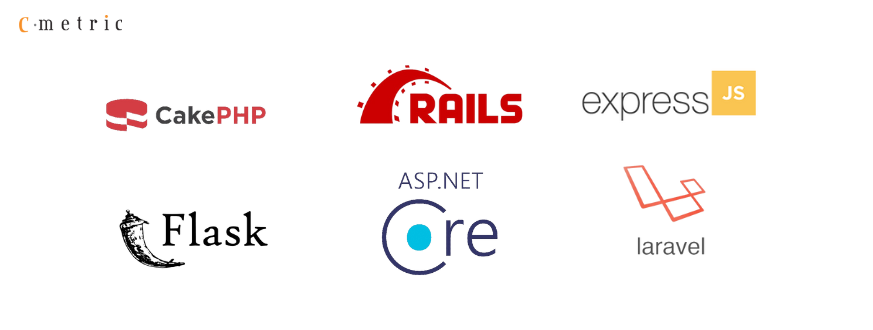

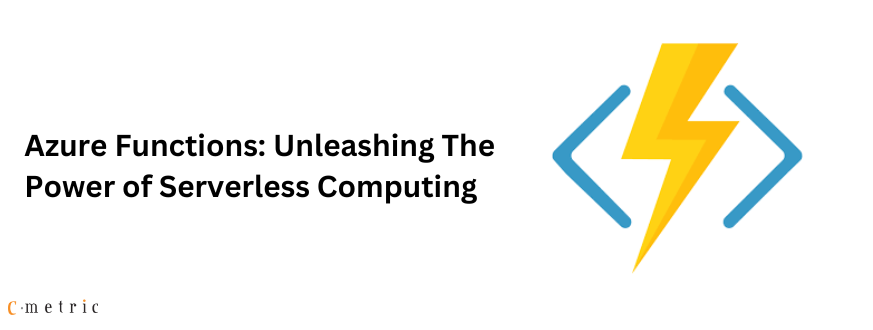

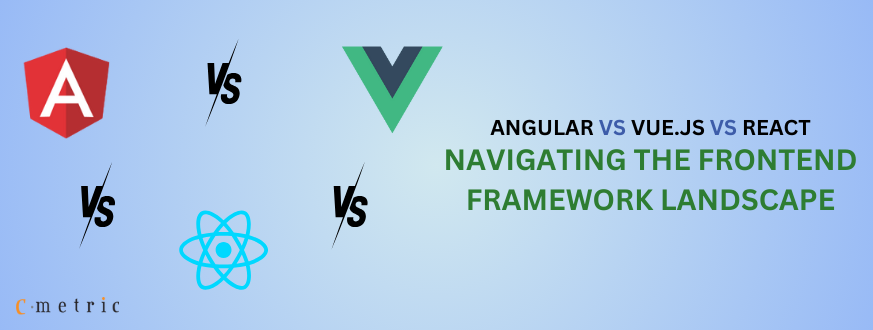



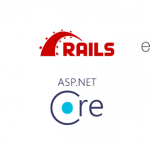
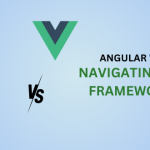

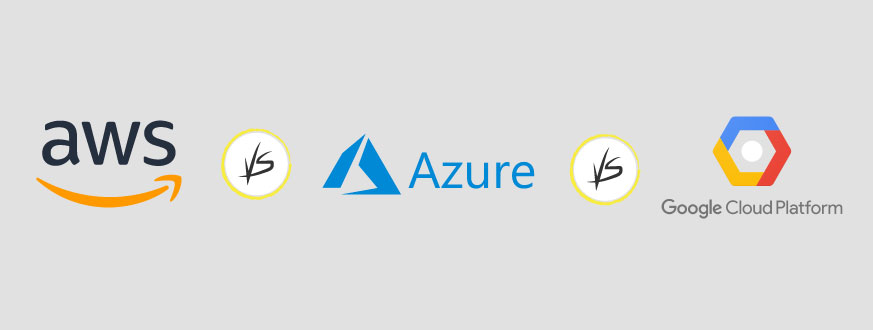
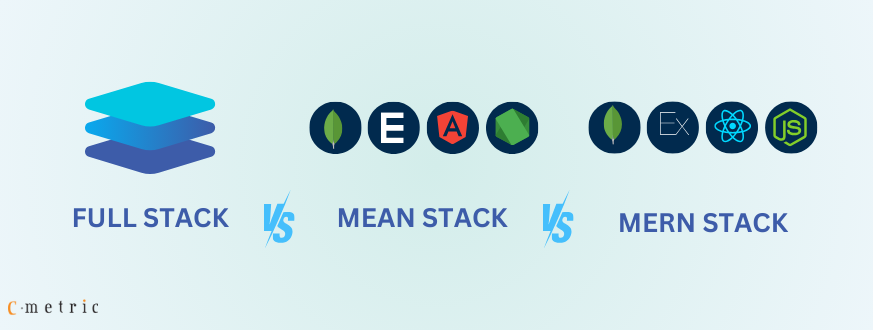
Get in Touch